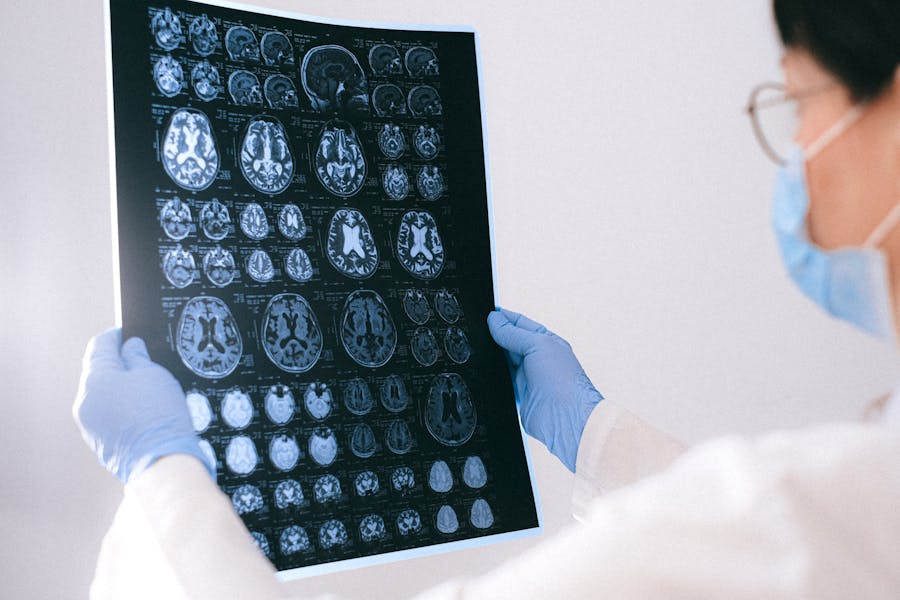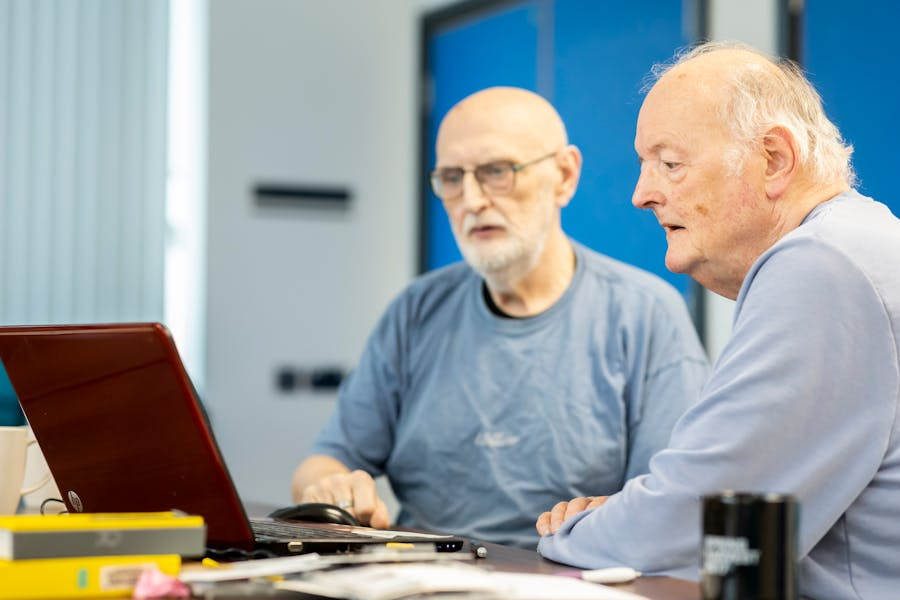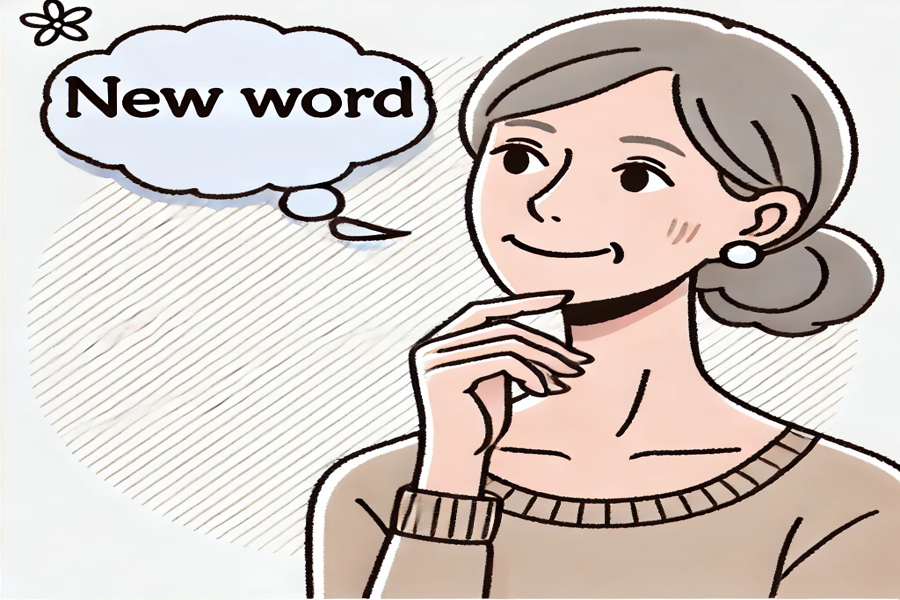


What are neologisms in dementia?
Neologisms are words people make up. These words may not be known or understood by others.
In dementia, new words are essential. They show the challenges people with dementia have with thinking and speaking. This article looks at:

A new word is a word someone makes up or uses in a new way. Language changes over time with new words.
In dementia, new words often come from problems with thinking and remembering. People with dementia may create new words because they can’t find the right ones.
New words can be fun or need to be clarified. For example, someone might call a “television” a “watching box.” In medical settings, new words can be more complex to understand. For instance, a person might call a spoon a “flibber.”

Neologisms can appear in different types of dementia, such as:
New words in dementia come from problems with thinking and language. The brain areas that handle language and memory may not work well.
This makes it hard to find the right words, so people create new ones to cope.

New words can help doctors identify types of dementia. They look at how often and what kind of new words patients use.
These patterns can help tell one type of dementia from another. Studies show that new words usually match the progress of certain dementias.
New words can make talking difficult. Patients might feel upset when others don’t understand their words, leading to loneliness.
Caregivers and family might struggle to determine what these words mean, which can hurt communication and emotional bonds.

Therapy can help manage new words for those with dementia. Therapists use methods to improve talking skills, like pictures or simpler words.
Custom plans can help seniors speak more clearly and use fewer new words.
Caregivers are vital in supporting senior residents with dementia. Training can teach them how to deal with new words, like patience and using context to guess meanings.
Resources on good communication can improve caregiver-resident or family member interactions and care quality.
Neologisms in dementia show the link between language and thinking. Knowing about this helps improve care and communication.
As research continues, it’s essential to understand new words in diagnosis and daily life. This leads to better support for people with dementia, their families and caregivers.
Applewood Our House offers dementia care at all five of our location. For more info, contact us today.

Neologism is a word someone makes up. These words may not be known or understood by others. In dementia, people create new words when they can’t find the right ones.
New words happen in dementia because of problems with thinking and speaking. As dementia gets worse, people have trouble finding words. So, they make up new words to express themselves.
Neologism is typical in several types of dementia, especially:
New words can make talking difficult for the person with dementia and their caregivers. These made-up words can cause confusion and frustration. The person with dementia might feel alone because others don’t understand them.
Yes, new words can happen in other conditions too. For example, aphasia from a stroke or brain injury can cause new words. This happens because of damage to the brain areas responsible for language.
Caregivers can help by:
There is no cure for dementia, but speech and language therapy can help. Therapists work with patients to improve their communication skills. They also help find ways to reduce frustration and enhance understanding during talks.
Summary